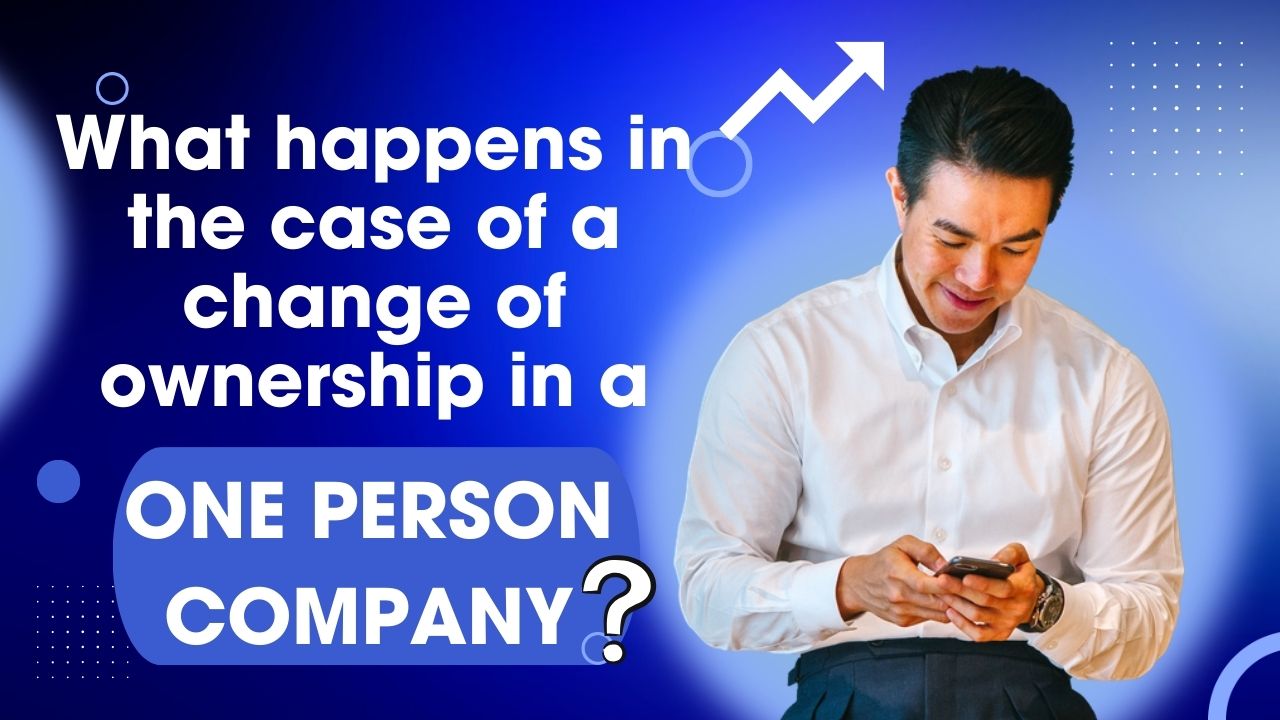
Change of Ownership in a One Person Company (OPC) in India
1. Change of Ownership Due to Sale or Transfer: If you're looking to sell or transfer ownership of your One Person Company (OPC) in India, here's what you need to do:
a) Enter into a sale or transfer agreement with the buyer or transferee, outlining the terms and conditions.
b) The buyer or transferee should obtain a Digital Signature Certificate (DSC) and Director Identification Number (DIN), if not already possessed.
c) Once the transaction is finalized, the new owner should apply for and obtain the directorship of the OPC through the Ministry of Corporate Affairs (MCA) portal.
d) The existing owner should transfer the shares and control of the company to the new owner, following the company's Articles of Association (AOA).
e) Make sure to obtain the necessary filings and approvals from the Registrar of Companies (ROC) to update the ownership details and inform about the change in directors.
2. Change of Ownership Due to Succession (Inheritance): In the unfortunate event of the owner's death, the ownership of the OPC may be passed on to a legal heir or beneficiary as per the owner's will or the applicable inheritance laws. Here's what the legal heir or beneficiary needs to do:
a) Apply for a Digital Signature Certificate (DSC) and Director Identification Number (DIN), if not already possessed.
b) Follow the relevant legal and regulatory procedures, including filing the necessary documents with the ROC, to take over the directorship and ownership of the OPC.
3. Change of Ownership Due to Conversion: If you wish to convert your OPC into a private limited company or another business structure that allows for multiple shareholders, this process will result in a change of ownership structure.
4. Change of Ownership Due to Contingency (Nominee Director): If the owner-director of an OPC becomes incapacitated or passes away, the nominee director, designated for continuity, temporarily takes over the company's control, with ownership reverting to the original owner once the contingency is resolved.
© 2020 CREDENCE CORPORATE SOLUTIONS PVT. LTD. | Website by Wits Digtal Pvt. Ltd.
Leave a Comment